The Great Wealth Migration: Why Capital Is Flowing East in 2025
AI in Healthcare: From Diagnoses to Drug Discovery
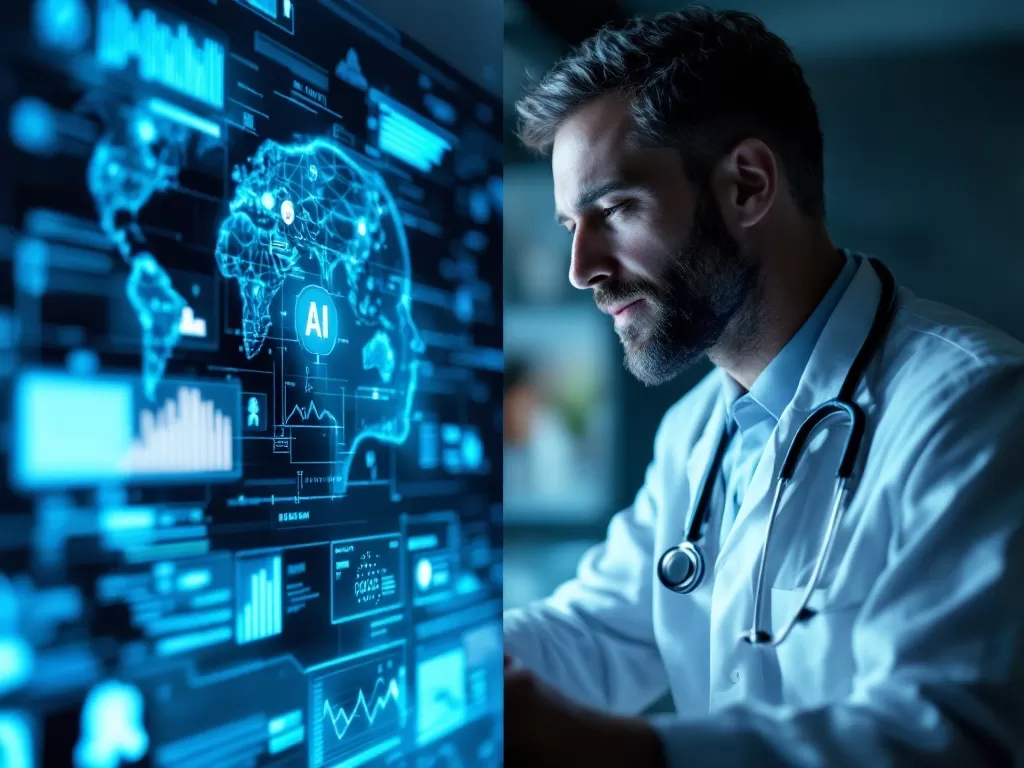
Artificial Intelligence is transforming healthcare, moving beyond experimental applications to become essential infrastructure. By 2025, AI is no longer just an assistive tool—it is reshaping diagnostics, treatment planning, and drug development, making healthcare faster, more precise, and increasingly personalized.
AI in Medical Diagnostics
AI is enhancing diagnostic accuracy across specialties. In radiology, deep learning algorithms analyze X-rays, MRIs, and CT scans, flagging abnormalities with near-human precision. Dermatology AI tools detect early signs of skin cancer from images, while natural language processing (NLP) helps general practitioners interpret complex symptom patterns. Systems like Google’s Med-PaLM 2 and Microsoft’s Nuance DAX automate clinical documentation, reducing administrative burdens and allowing doctors to focus on patient care.
Revolutionizing Drug Discovery
One of AI’s most groundbreaking applications is in pharmaceutical research. Machine learning models sift through vast datasets—including clinical trials, molecular structures, and patient records—to identify potential drug candidates in months rather than years. Companies like Insilico Medicine use generative AI to design novel compounds, while DeepMind’s AlphaFold predicts protein structures with unprecedented accuracy, accelerating the development of life-saving medications.
AI-Powered Patient Care
Beyond hospitals, AI is improving patient engagement and chronic disease management. Chatbots provide 24/7 symptom assessment, medication reminders, and mental health support. Wearables and remote monitoring tools track vital signs in real time, alerting healthcare providers to potential emergencies. These innovations increase accessibility, particularly for underserved populations, though challenges like digital literacy and equitable access remain.
Ethical and Practical Challenges
Despite its promise, AI in healthcare raises critical concerns. Data privacy risks emerge as sensitive patient information flows through algorithms. Bias in training datasets can lead to disparities in diagnosis and treatment. Additionally, over-reliance on AI may erode clinical judgment, particularly in high-stakes scenarios. Regulatory frameworks and ongoing clinician oversight are essential to ensure AI augments—rather than replaces—human expertise.
The Future: Human-AI Collaboration
The next phase of AI in healthcare will depend on responsible integration. The ideal model combines AI’s speed and data-crunching power with physicians’ experience and ethical discernment. As AI becomes ubiquitous in labs and clinics, its success will hinge on transparency, continuous validation, and a commitment to equitable, patient-centered care.
A New Era of Smart Medicine
AI is not just changing healthcare—it is redefining it. From faster, more accurate diagnoses to accelerated drug development, intelligent systems are making medicine more proactive and precise. However, as adoption grows, stakeholders must prioritize ethical deployment to maximize benefits while minimizing risks. The future of healthcare lies not in choosing between humans and machines, but in harnessing their combined strengths for better patient outcomes.

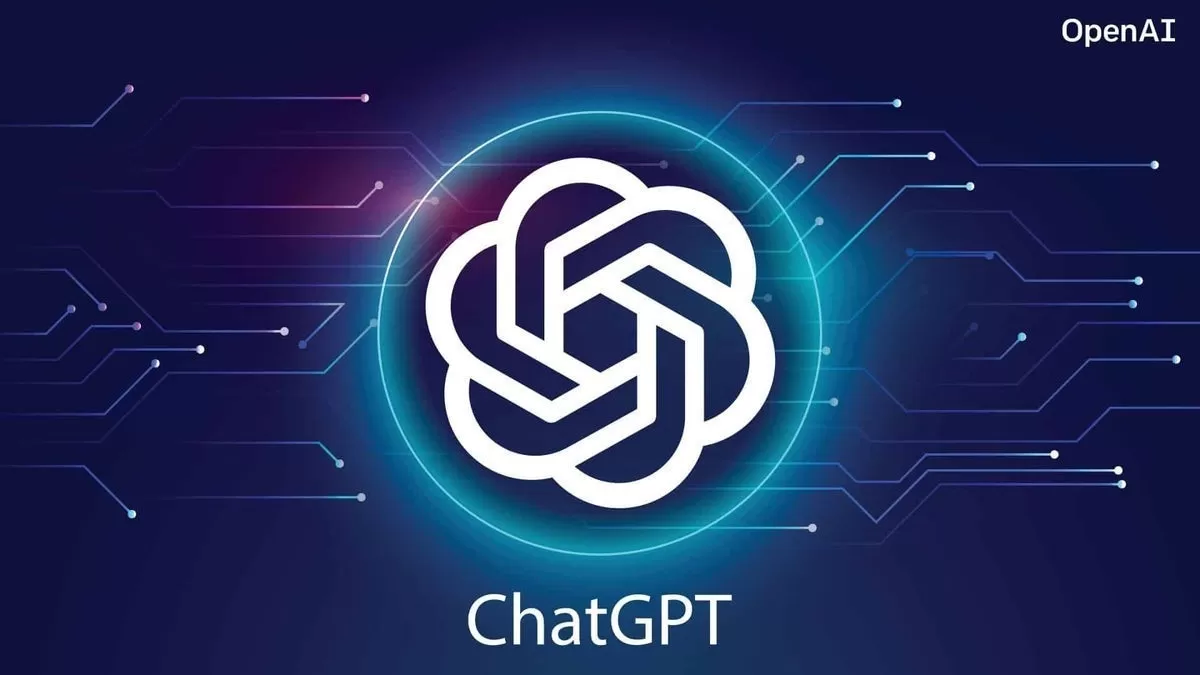
The Great AI Copyright War: Who Owns the Outputs?

Digital Twins Are Becoming the Backbone of Smart Cities
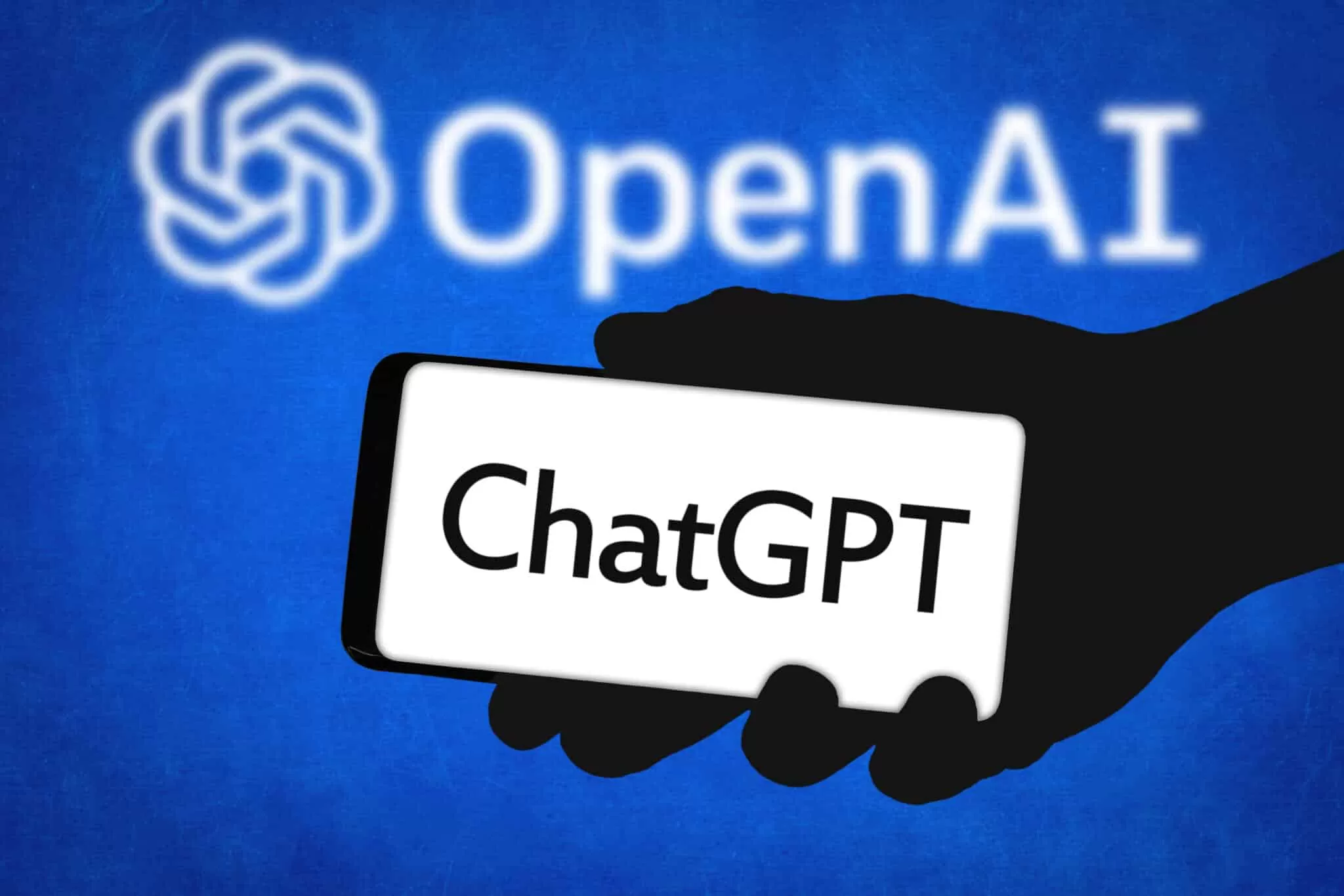
5 Ways ChatGPT Agent Makes AI Easier to Use

The Hidden Cost of Climate Change on Public Health
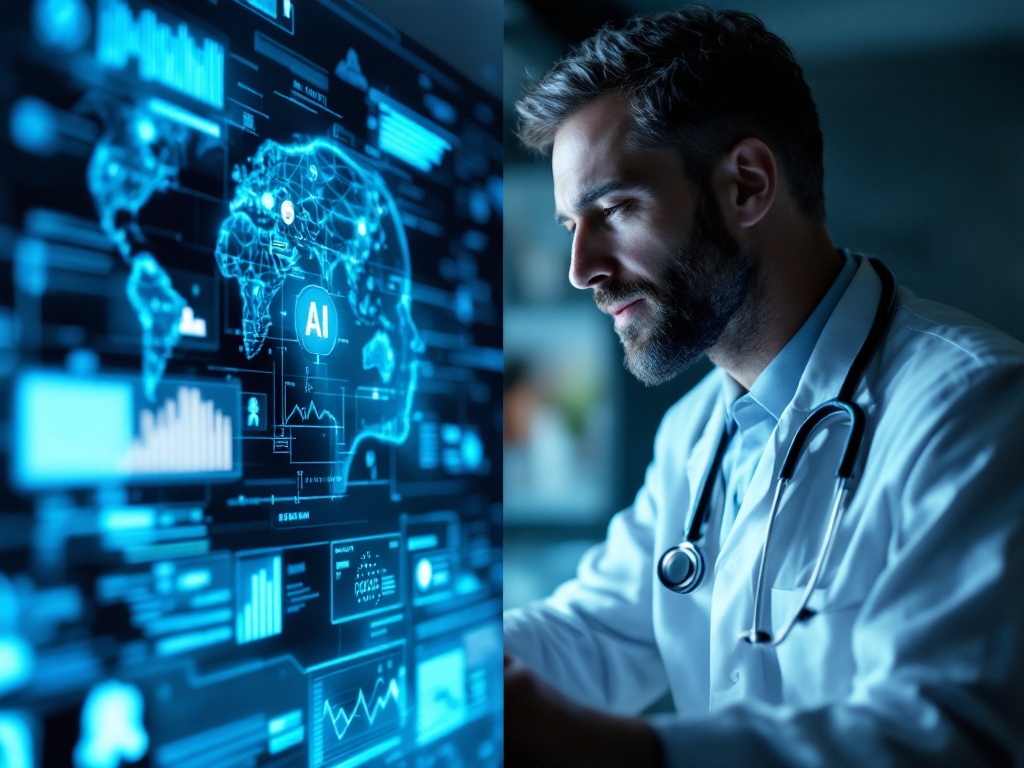
AI in Healthcare: From Diagnoses to Drug Discovery

The Minimalist Home: Redesigning Life With Less Clutter and More Clarity
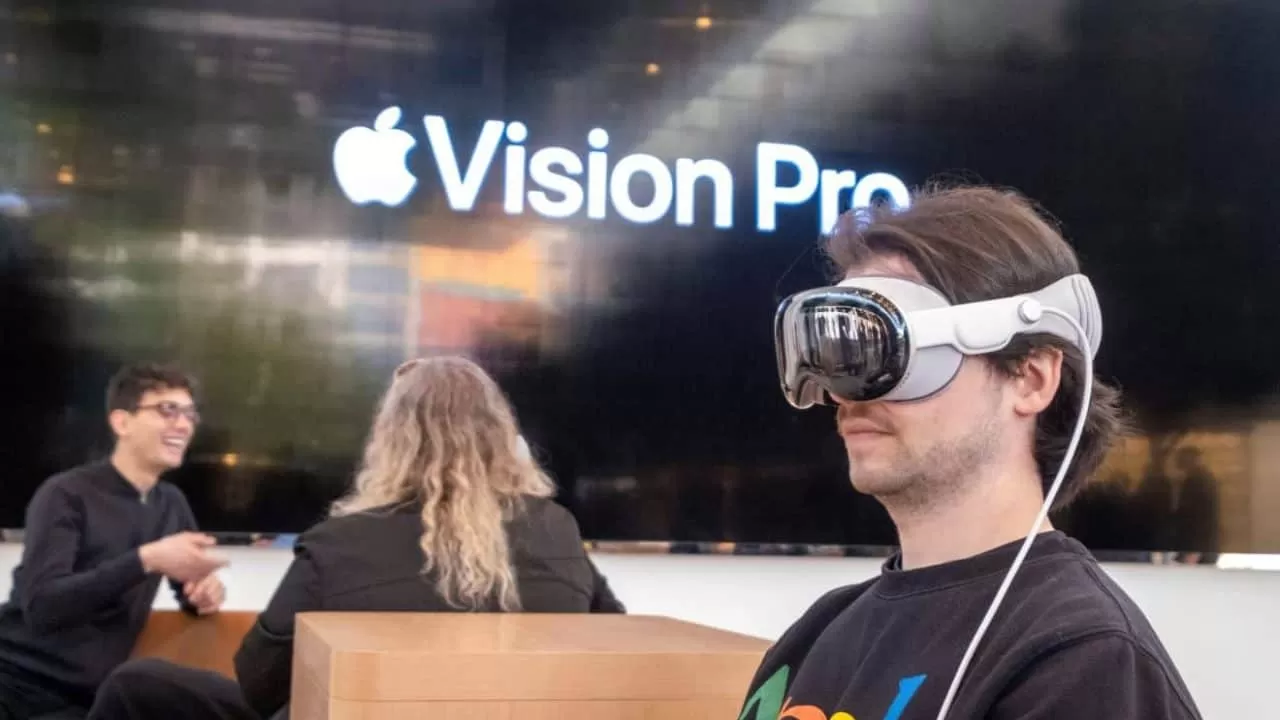
The Rise of Spatial Computing: Why Apple Vision Pro Is Just the Beginning

The Rise of Generative AI: How It's Reshaping Creativity and Work

Why Mental Health Burnout Is Surging in Gen Z